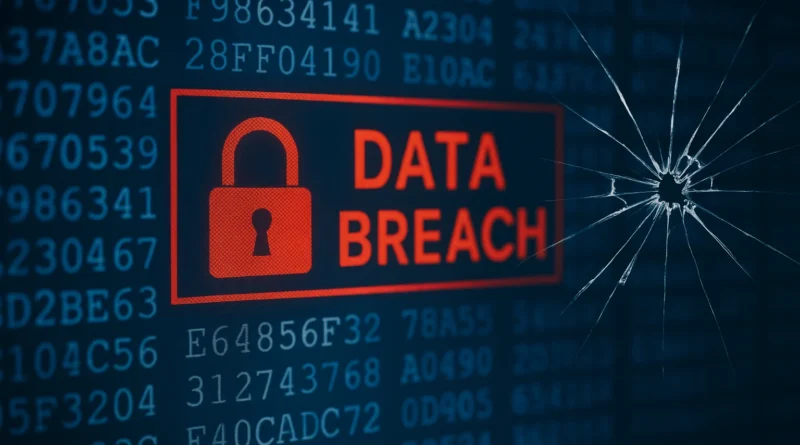Massive Data Breach Exposes Billions of Records: What You Need to Know and Do
Global Cybersecurity Alert – A monumental data breach, potentially one of the largest in history, has recently come to light, exposing an unprecedented 16 billion leaked records, predominantly comprising login credentials. Security researchers, who uncovered these extensive datasets since January, warn that a significant portion of this data is new and has not been previously reported in major breaches. This “unimaginable” haul presents a severe risk of account takeover, identity theft, and targeted phishing attacks.
The breach involves approximately 30 separate databases, ranging in size from millions to over 3.5 billion records each. These datasets include credentials for a vast array of online services, from tech giants like Apple and Google to various VPN services, GitHub, Telegram, and even government portals. While the exact number of unique individuals affected is hard to ascertain due to potential overlaps, the sheer volume of data means that countless internet users could be at risk.
Worryingly, the identities of the original owners of most of these leaked databases are currently unknown. Researchers from Cybernews, who compiled and cataloged these datasets, noted that the information appears to be neatly compiled with URLs, usernames, and passwords, suggesting collection by “infostealer” malware that has exploited misconfigured or unsecured databases across the web. While the exposed datasets were online only briefly before being secured, the potential for exploitation remains high.
Why This Breach Matters
Unlike some breaches that resurface old data, a large part of this 16-billion-record leak is fresh, making it particularly dangerous. Cybercriminals now have unprecedented access to personal credentials, which can be leveraged for:
- Account Takeovers: Gaining unauthorized access to your online accounts.
- Identity Theft: Using your stolen information to open new accounts, make fraudulent purchases, or apply for credit in your name.
- Phishing Attacks: Crafting highly convincing fraudulent communications to trick you into revealing more sensitive information.
Given the scale and nature of this breach, it underscores the persistent and evolving threat of cybercrime.
Immediate Steps for Affected Individuals
If you suspect your data may have been compromised in this or any other data breach, immediate action is crucial to protect your personal and financial security. Here are essential steps you should take:
-
Change Passwords Immediately:
- Start with your most critical accounts: email, banking, social media, and any accounts linked to financial services.
- Use strong, unique passwords for every account. Avoid reusing passwords across different platforms. A strong password should be a combination of uppercase and lowercase letters, numbers, and symbols, and be at least 12-16 characters long.
- Consider using a password manager to generate and securely store complex passwords.
-
Enable Two-Factor Authentication (2FA) / Multi-Factor Authentication (MFA):
- Activate 2FA/MFA on all your online accounts, especially for email, banking, and social media. This adds an extra layer of security, typically requiring a code from your phone or a biometric scan, even if your password is stolen.
-
Monitor Your Financial Accounts and Credit Reports:
- Regularly check your bank statements, credit card bills, and online financial accounts for any suspicious or unauthorized activity.
- Sign up for free annual credit reports from major credit bureaus (Equifax, Experian, TransUnion) to review them for any unfamiliar activity, such as new accounts opened in your name. You are entitled to one free report from each bureau annually.
- Consider setting up fraud alerts with credit bureaus. This makes it harder for identity thieves to open new accounts in your name.
-
Be Vigilant Against Phishing and Scams:
- Be extremely cautious of unsolicited emails, texts, or calls, even if they appear to be from legitimate companies or organizations. Phishing attempts often follow data breaches.
- Never click on suspicious links or download attachments from unknown senders. Verify the sender’s authenticity independently.
-
Clean Up Your Personal Data Online (Optional but Recommended):
- Review your privacy settings on social media and other online platforms.
- Consider using data removal services if you wish to reduce your digital footprint, though this can be a lengthy process.
-
Report Suspicious Activity:
- If you detect any fraudulent activity or believe your identity has been stolen, report it immediately to your bank, credit card company, and relevant law enforcement authorities. In India, you can report cybercrimes through the National Cybercrime Reporting Portal.
While the sheer scale of this data breach is alarming, taking proactive and immediate steps can significantly mitigate the risks and help protect your digital identity.

